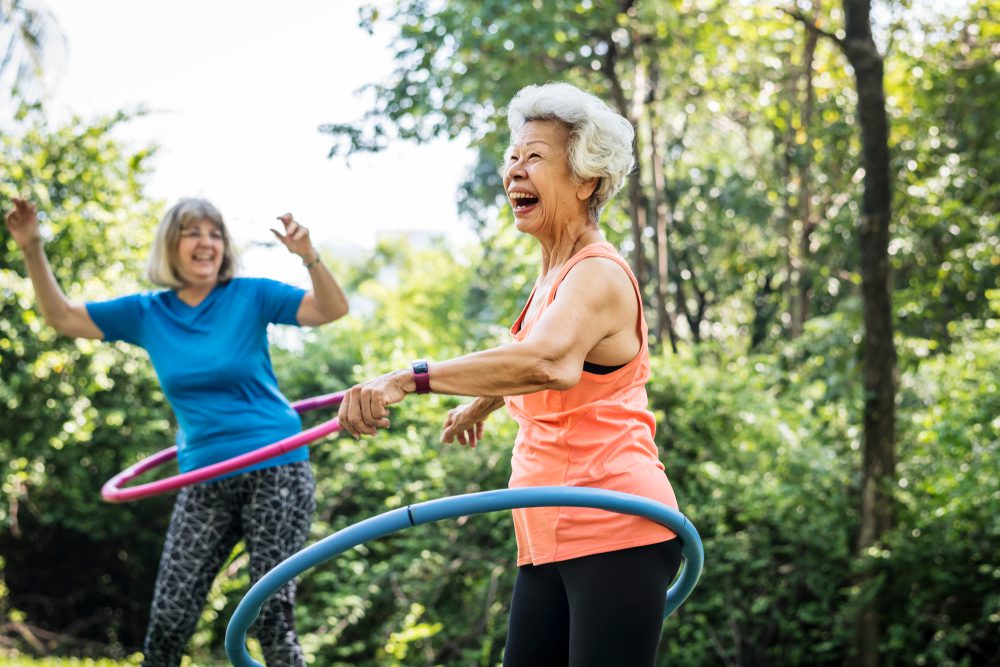
Exercise is addictive.
Consistent exercise could cause the body to produce more endorphins, hormones made by our pituitary gland, to block pain, decrease anxiety, and also create euphoria.
However, endorphins are the “natural” cousins of the drug morphine, which means that for a lot of people, compulsive exercise might prove to be psychologically addictive.
For those who exercise regularly, and most particularly for bodybuilders, triathletes, cyclists, and marathoners, reducing or even stopping exercise altogether could result in depression, stress, and even anxiety.
If you want to exercise after 50, you should know that this type of “mouse on a wheel” attraction to working out could easily turn into overtraining, missing family obligations, and even social gatherings. All to fix that “intense need” to exercise?
Exercise hurts the heart.
A while ago, a couple of determined British researchers decided to examine 12 runners and rowers who were 57 years old on average. Each one of them completed a total of 43 years of consistent training and 178 marathons, no less than 65 ultramarathons, and even 4 Ironman triathlons.
Half of these athletes presented signs of fibrosis, scarring the heart tissue, which were later compared to none of the age-matched “non-exercising” controls.
Moreover, they presented signs of wear and tear after many years of heavy-duty workouts that weakened their heart muscles, leaving them at risk of suffering from “ventricular arrhythmia”, where the heart basically beats erratically.
This is mainly caused by damage to the right chamber of the heart, which can easily disrupt normal heart rate and rhythm.



















